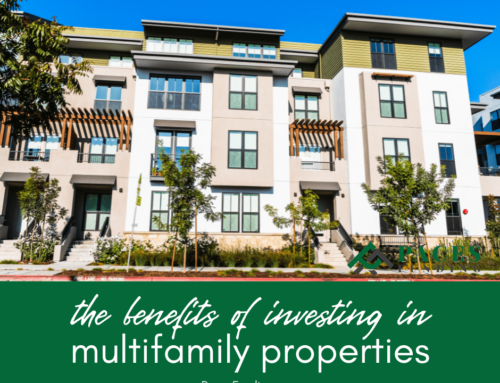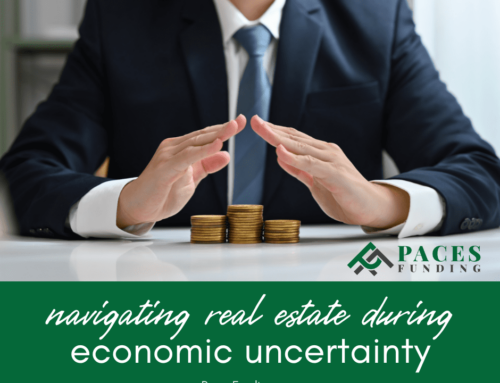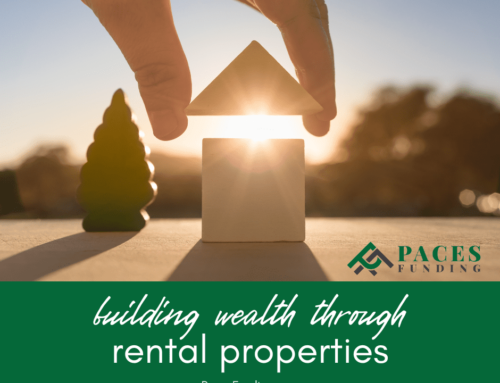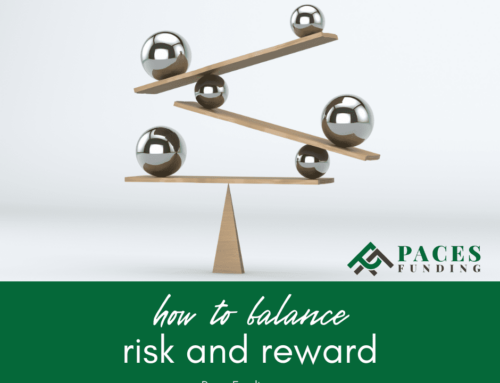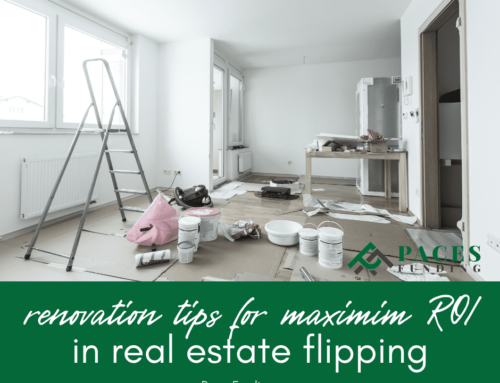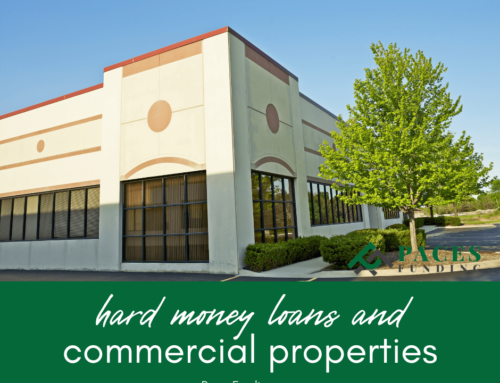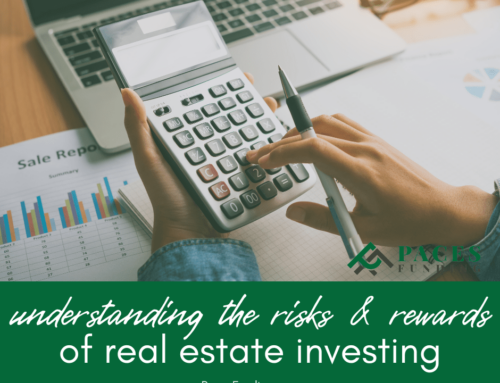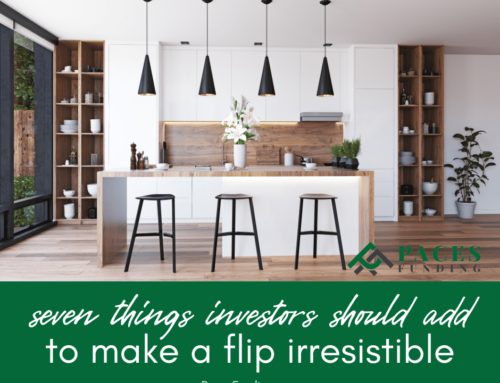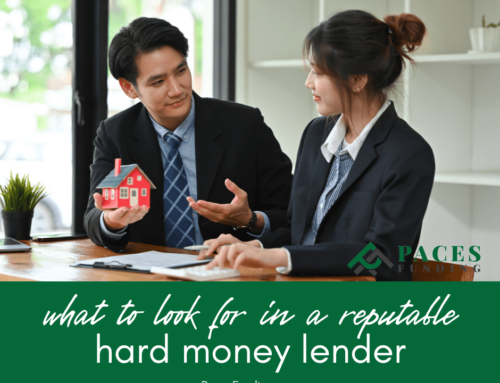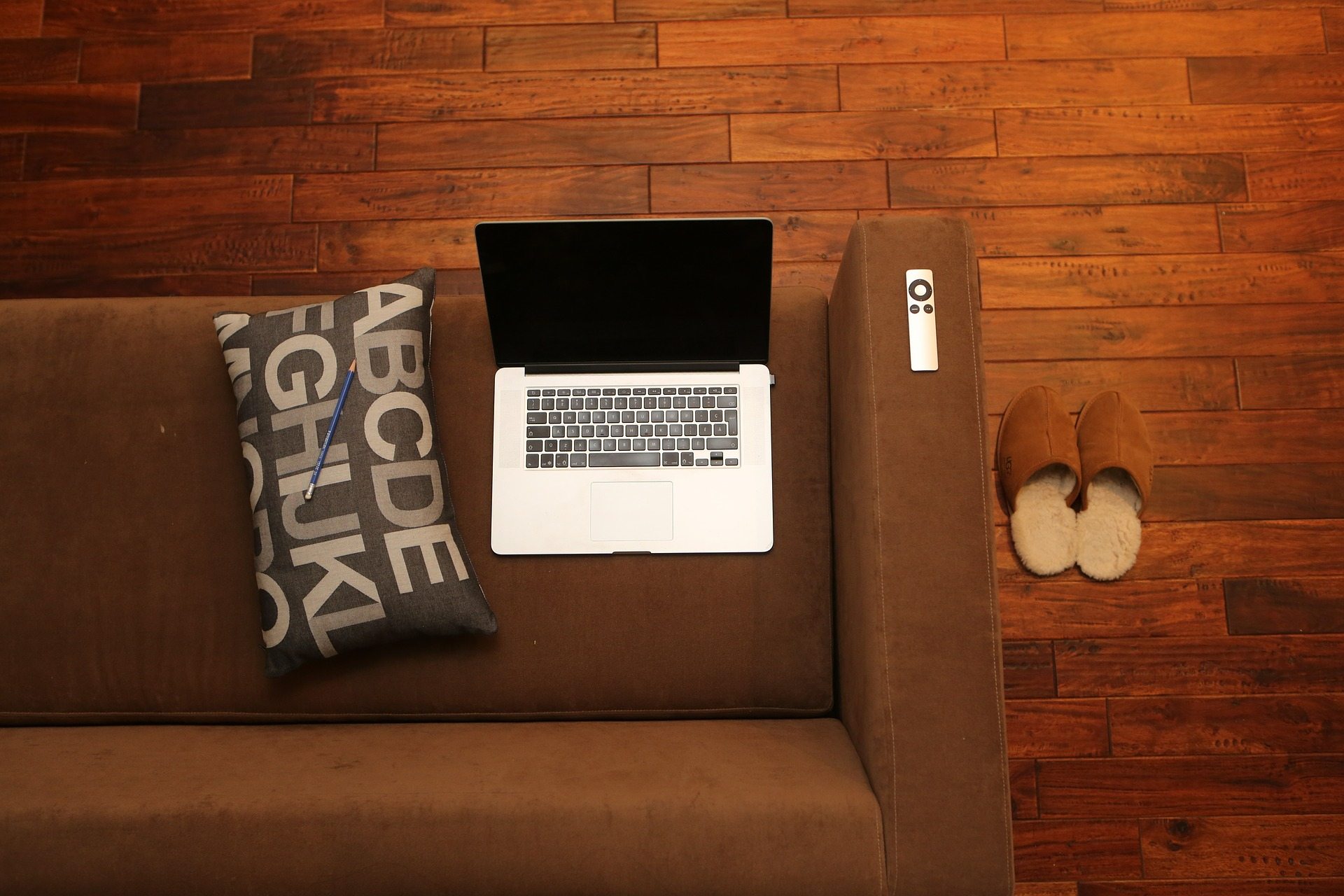
Let’s Talk About Triple-Net Leases
When entering the world of commercial real estate, you were probably told to pick one of the basic types of leases and to stick with it. Determining whether a gross, net or modified gross lease is best for you can depend on a number of factors, including who you’re marketing your building to and what type of structure you have.
If you’re thinking about a net lease, you’ll find that the term can actually be broken down even further, into three categories: single, double and triple.
Single net leases have you charge the tenant for rent (high), utilities, and a part of the property tax.
Double net leases specify that the resident bear the cost of rent (lower), utilities, some of the property tax and a portion of the insurance.
Triple net leases usually have the occupant take on the rent (lowest), plus all of the above and maintenance.
Each type of lease has their pros and cons. If you’re thinking a triple net lease looks attractive—you also need to figure out how aggressive you want to be with your monthly cash flow. Are you looking to just kick back and let the fixed rent amount trickle in steadily, or are you ready to jump in and manage every detail, with a larger sum of cash hitting your bank account each month?
You leave a lot of responsibility in the hands of your tenant when you decide to sign a triple net lease. The renter is responsible for maintenance, insurance and taxes. All of these could easily be defaulted on, if the tenant chooses. If the occupant neglects to repair the building, or pay their insurance, you may not find out until a disaster happens. You also need to be certain that the property won’t sit vacant for any length of time, because all these payments fall back on you, with zero rent coming in.
With a triple net lease, you truly need to do your homework to make sure you have a quality tenant, who will be with you long term.
Do You Need a Hard Money Loan in Atlanta?
If you’re looking for a hard money loan in Atlanta, we may be able to help you.
Call us at 404-814-1644 or contact us online to find out whether you might qualify for this type of funding. In the meantime, check to ensure that you meet our loan criteria. Our loan amounts can be up to 65 percent of the after-repaired value of the collateral—and if you use the loan for renovation or construction, the loan amount can be based on the collateral’s improved value.
Read our frequently asked questions and take a few minutes to learn about the hard money loan process.



